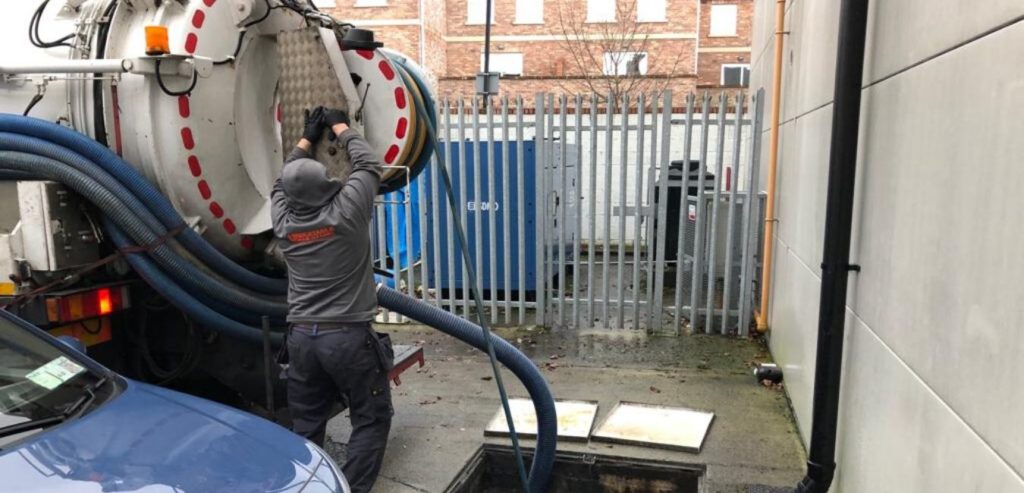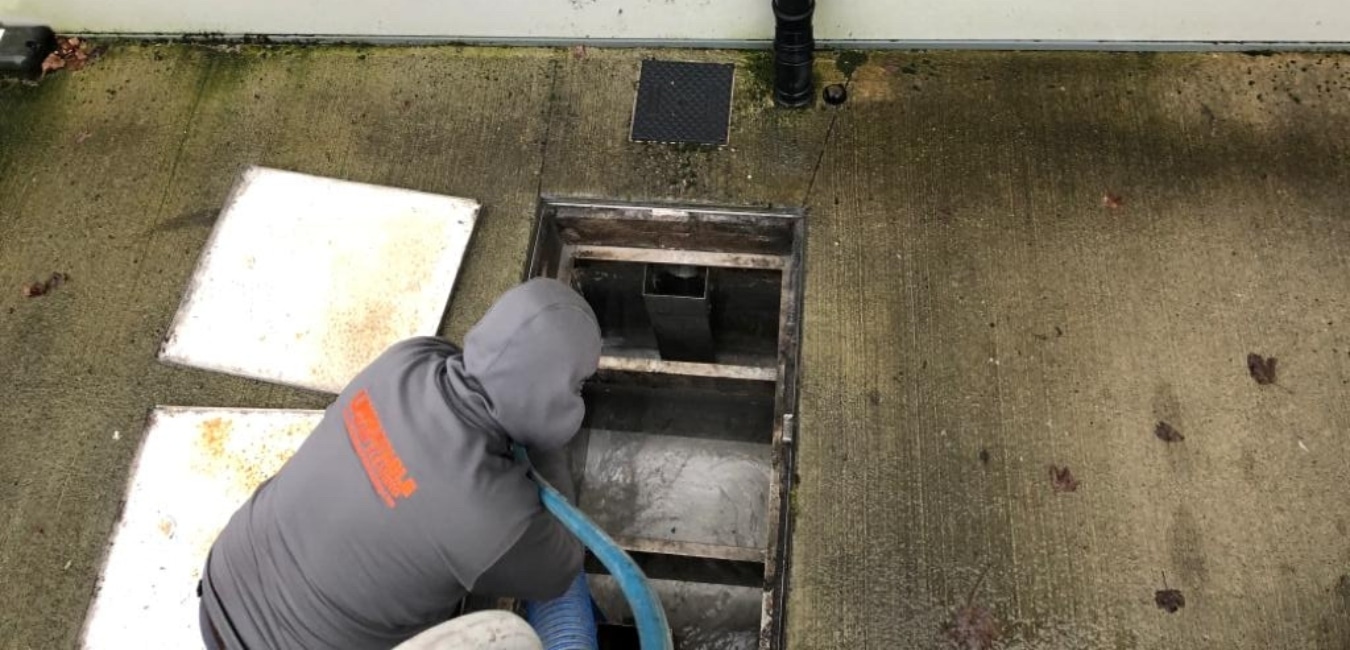
4 Signs Your Grease Traps Need Cleaning
The team at Unbeatable Drain Cleaning are experts in grease trap cleaning and fully licensed to dispose of grease waste.
A grease trap is a specialised chamber which is installed into the drainage pipes. Its purpose is to collect fats, oils and grease (FOG) which make their way down the drain. Without a grease trap to intercept these, grease would flow through pipes causing blockages, polluting waterways and causing damage to local drainage networks. Food Sevice Establishments (FSEs) are required by law to install and maintain grease traps for the good of the sewer systems around them.
Why are Fats, Oils and Grease (FOG) So Problematic?
- Easy to pour down the drain: When fats, oils and grease are hot they are a liquid which easily slips down the drain without a second thought. However, when they cool they become solid and block drains.
- Difficult to remove: The removal of grease buildup in pipes is a complex and expensive process. A grease buildup in your drainage system can cause extensive damage to your system and cause disruption to your business.
- Liability for blockages: If a FOG blockage in public sewer lines is traced back to your business you can be liable for the costs of repairs. This can include hiring machinery, specialist personnel and environmental cleanup.

How often should grease traps be cleaned?
By law, you are required to keep grease traps cleaned and in good working order. It’s recommended to have your grease traps cleaned at least every 3 months to prevent odours and bacteria. If your business has a particularly busy kitchen, you may consider having your grease traps cleaned more frequently.
We would recommend never letting your grease trap become more than 25% full.
How Do I Know If My Grease Traps Needs to be Cleaned?
- Your restaurant’s drains are clogged or slow: your grease trap cannot work effectively when it’s overfilled. As a result, grease remains in the pipes and prevents wastewater from draining efficiently.
- Your grease trap is more than 25% full: to prevent odours, blockages and increased risk of fire, have your grease traps emptied before it gets more than one-third full. Unbeatable Drain Cleaning offers a grease trap maintenance service to make sure you never forget to empty and clean your grease traps.
- It’s been a while. Sometimes time is the only sign you need. You should aim to have your grease traps cleaned at least once every 3 months. Make it more frequent if you have an especially busy kitchen.
- You’ve noticed grease in unusual places. If your grease trap is in desperate need of cleaning, you may notice grease popping up in unexpected places. This happens when grease has nowhere to go and has to emerge through other pipelines.
How to manage your grease waste
Although most kitchens produce grease waste, there are steps you can take to prevent grease causing problems in your business.
- Have your grease traps regularly emptied and cleaned by the professionals at Unbeatable Drain Cleaning.
- Implement a grease maintenance programme which ensures all grease interceptors are checked regularly for faults and comply with health and safety requirements.
- Put up “no grease” signs to remind employees not to pour grease into sinks. Make employees aware of the implications of blocking drains with grease waste.
- Use bins to dispose of food waste. Even small amounts of food waste in drains can build up and become problematic.
Pop over to our Contact page to schedule a grease trap cleaning from the experts at Unbeatable Drain Cleaning. We’ll have your grease traps in perfect working order to help you avoid nasty issues which cost time and money! Our expert team removes your grease waste with minimal disruption to your business and disposes of it responsibly.
NWCPO Permit Number: 1812153-01.
